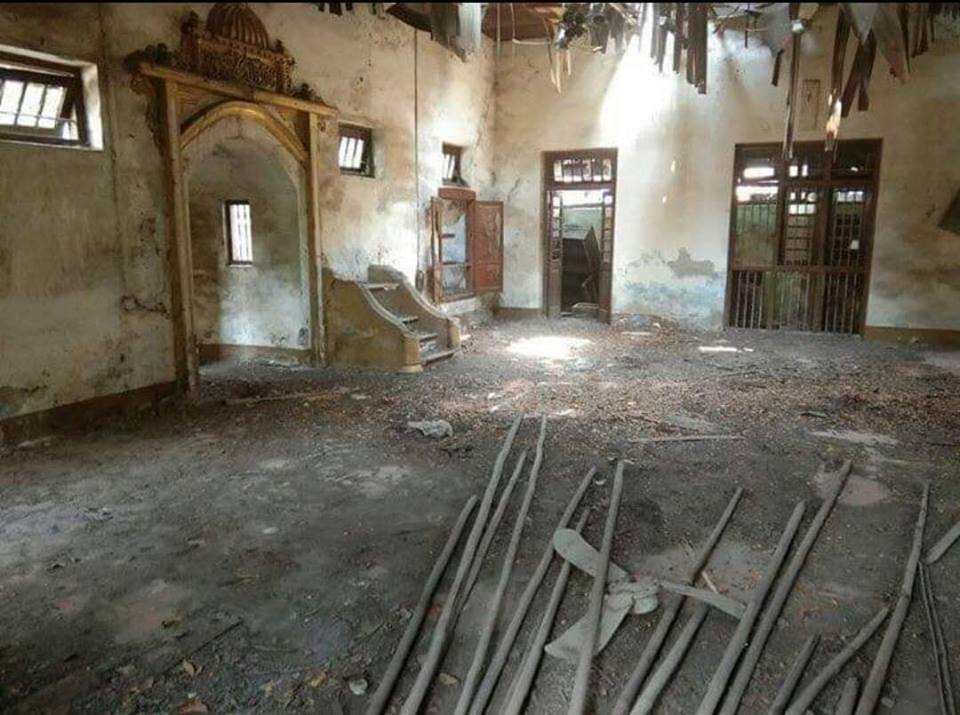
A rights group is calling for the reopening of two mosques damaged in 2006 anti-Muslim riots in central Myanmar after a regional decision to allow worshipers to return was overruled by a local vote.
Local Muslims petitioned Chauk township authorities in Magwe region to abide by a regional government decision made on October 30, 2017 to reopen the mosques, according to the Burma Human Rights Network (BHRN).
But the township administration instead asked 700 homes living near the Myoma and Mingalar Jemaah mosques whether they wanted worship to resume at the religious sites.
With the administration announcing that 427 households voted against it, the BHRN released a statement today (April 10) saying the move inflamed religious tensions and breached constitutional rules that grant freedom of worship.
“Instead of protecting the rights enshrined in Article 18 of the Universal Declaration of Human Rights and in the 2008 Constitution, the local authorities sought public vote as a method to make a binding decision on a religious issue, and an issue of fundamental rights,” said BHRN executive director U Kyaw Win.
“We believe that it could set a dangerous precedent in resolving outstanding issues related to other mosques in the country, as well as encourage hostilities against the Muslim community and ruin any existing harmony that they share with their neighbours.”
Quoting local statistics, the BHRN said there are more than 1,300 Muslims and two mosques in Chauk. Local Muslims are unable to worship on important religious occasions, added Kyaw Win.
He called on state leaders to take legal action against local administration staff who are “contributing to the furthering of tension between Buddhist and Muslim communities.”
Section 354 (d) of the military-drafted 2008 Constitution grants the right to develop religion “without prejudice to the relations between one national race and another or among national races and to other faiths.” Section 363 calls for protection of state-recognized religions, including Islam.
Representatives for the Magwe regional government and Chauk township authorities were not immediately available for comment.

